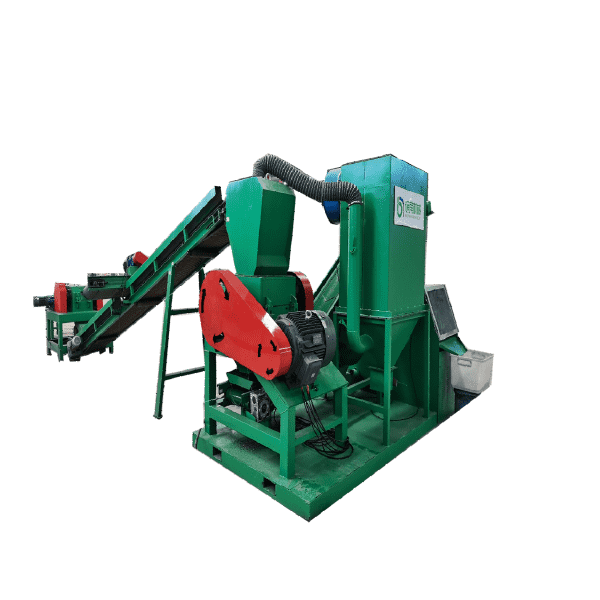

ພ.ຈ. . 13, 2024 13:54 Back to list
The Significance of Metal Shreds in Recycling and Manufacturing
In today's rapidly evolving industrial landscape, the management and recycling of metal shreds have become increasingly significant. Metal shreds, which are small pieces of scrap metal generated during various manufacturing processes, play a crucial role in the circular economy. These tiny remnants of larger metal objects not only pose challenges in terms of waste management but also present substantial opportunities for recycling and resource recovery.
Metal shreds can originate from a wide array of industries, including automotive, aerospace, construction, and electronics. During the manufacturing process, metals are often cut, shaped, or drilled, producing small fragments as byproducts. Traditionally, these shreds were viewed as waste, necessitating disposal through landfills. However, the growing awareness of environmental sustainability has shifted perspectives, prompting industries to adopt more responsible approaches to waste management.
Recycling metal shreds not only conserves natural resources but also reduces the energy consumption associated with metal production. Extracting raw metals, such as copper, aluminum, and steel, requires significant energy input and generates considerable greenhouse gas emissions. In contrast, recycling metal shreds involves less energy, making it a more sustainable option. For instance, recycling aluminum uses up to 95% less energy than creating aluminum from bauxite ore. This substantial reduction underscores the importance of incorporating metal shreds into recycling processes.
The recycling of metal shreds is not merely a matter of convenience; it also offers remarkable economic benefits. The retrieval of valuable metals from shreds can lead to significant cost savings for manufacturers. In many cases, these metal fragments are rich in valuable alloys and rare metals, which can be extracted and repurposed. As global demand for metals continues to rise, industries that effectively recycle metal shreds can gain a competitive advantage in the marketplace.

Additionally, the process of recycling metal shreds supports job creation and economic growth. The recycling industry, encompassing collection, processing, and resale of metal shreds, provides employment opportunities across various skill levels. From manual labor to advanced technology roles, the recycling sector contributes to local economies and fosters innovation. As more companies recognize the value of sustainable practices, investment in metal shred recycling is likely to expand, leading to further job creation.
However, effective management of metal shreds requires collaboration among manufacturers, recyclers, and policymakers. Manufacturers need to implement practices that minimize waste generation and facilitate recycling. This can involve designing products with recyclability in mind and employing processes that minimize the creation of shreds. Meanwhile, recyclers must invest in technology that efficiently separates, processes, and purifies metal shreds, ensuring that more materials can be recovered and reused.
Policymakers also play a crucial role in fostering a conducive environment for sustainable recycling practices. By implementing regulations and incentives that promote metals recycling, governments can encourage industries to shift from a linear economy—characterized by take, make, and dispose—to a circular economy that emphasizes reuse and regeneration. Initiatives to educate businesses and consumers about the benefits of recycling metal shreds can further bolster participation in these efforts.
In conclusion, metal shreds represent both a challenge and an opportunity within the context of modern industrial practices. By embracing recycling initiatives, industries can not only reduce their environmental footprint but also harness economic benefits, drive job creation, and contribute to a greener planet. As the world continues to prioritize sustainability, the significance of managing metal shreds will undoubtedly increase, paving the way for innovative solutions and a more sustainable future. Through collaboration and commitment, the full potential of metal shreds can be realized, transforming waste into valuable resources.
Latest news
The Future of Metal Recycling: Revolutionizing Waste Management
NewsMay.14,2025
Optimizing Waste with Recycling Lines
NewsMay.14,2025
Municipal Solid Waste Sorting Line: Revolutionizing Waste Management
NewsMay.14,2025
Metal Shredders: Essential Tools for Efficient Recycling
NewsMay.14,2025
Maximize Your Profits with a Copper Wire Granulator
NewsMay.14,2025
Home Metal Shredder: A Smart Choice for Your Home Recycling Needs
NewsMay.14,2025